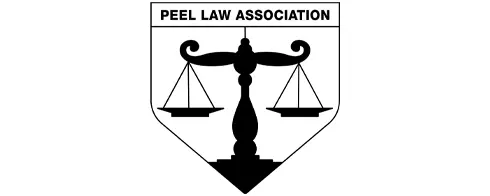Criminal Appeals in Canada: Can Justice Be Challenged?
The criminal appeals process allows individuals convicted of a crime to challenge their conviction or sentence. Understanding the appeals process, the grounds for appeal, and the importance of legal representation is essential for anyone navigating the complexities of the legal system. In this article, we’ll explore how criminal appeals work in Canada and the steps involved in seeking justice.
What is a Criminal Appeal?
A criminal appeal is a legal process through which individuals seek to overturn a conviction or reduce a sentence. Appeals can be based on various grounds, including errors in law, improper procedures, or new evidence that was not available during the original trial.
Grounds for Appeal
Several grounds can be used to support a criminal appeal, including:
- Errors in Law: If the trial judge made legal errors that affected the outcome of the trial, this could be grounds for appeal.
- Procedural Errors: Violations of legal procedures, such as improper jury instructions or failure to disclose evidence, may warrant an appeal.
- New Evidence: If new evidence emerges that could significantly impact the case, an appeal may be pursued.
The Appeals Process
The appeals process typically involves several steps:
- Filing the Notice of Appeal: The individual must file a notice of appeal within a specified timeframe after the conviction or sentencing.
- Preparation of the Appeal Record: The record of the trial, including evidence and transcripts, is compiled for review.
- Leave to Appeal: In some cases, the individual must seek permission (leave) to appeal, particularly for certain types of cases.
- Hearing: The appeal is heard by a panel of judges who will review the case and make a determination.
The Importance of Legal Representation
Having legal representation during the appeals process is crucial. A skilled criminal lawyer can:
- Evaluate Grounds for Appeal: Assess the merits of the case and identify potential grounds for appeal.
- Prepare the Appeal: Compile the necessary documents, evidence, and arguments to support the appeal effectively.
- Advocate in Court: Present the case before the appellate court and argue for a favorable outcome.
Manbir Nirwal and Nirwal Law have experience navigating the appeals process across Ontario, including Brampton. Our team is dedicated to helping clients challenge their convictions and seek justice.
Conclusion
The criminal appeals process is a vital aspect of the Canadian legal system, allowing individuals to challenge convictions and seek justice. Understanding the grounds for appeal and the importance of legal representation is essential for anyone navigating this complex process. If you need assistance with a criminal appeal, don’t hesitate to reach out for support.
Disclaimer: This blog is for informational purposes only and does not constitute legal advice. Every situation is unique, and the information here may not apply to your specific circumstances.









